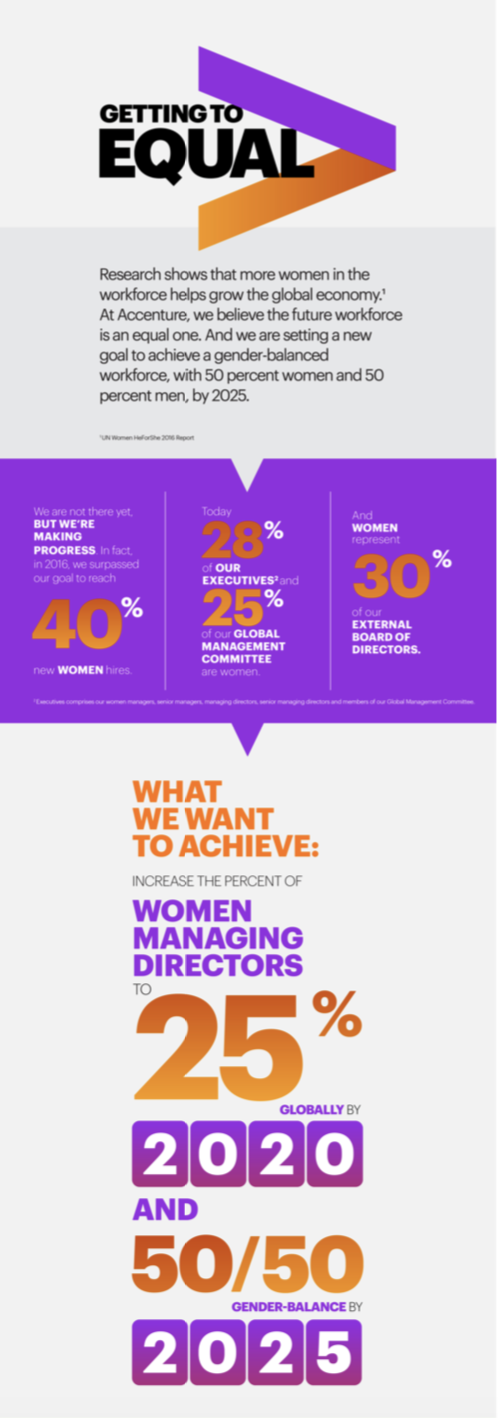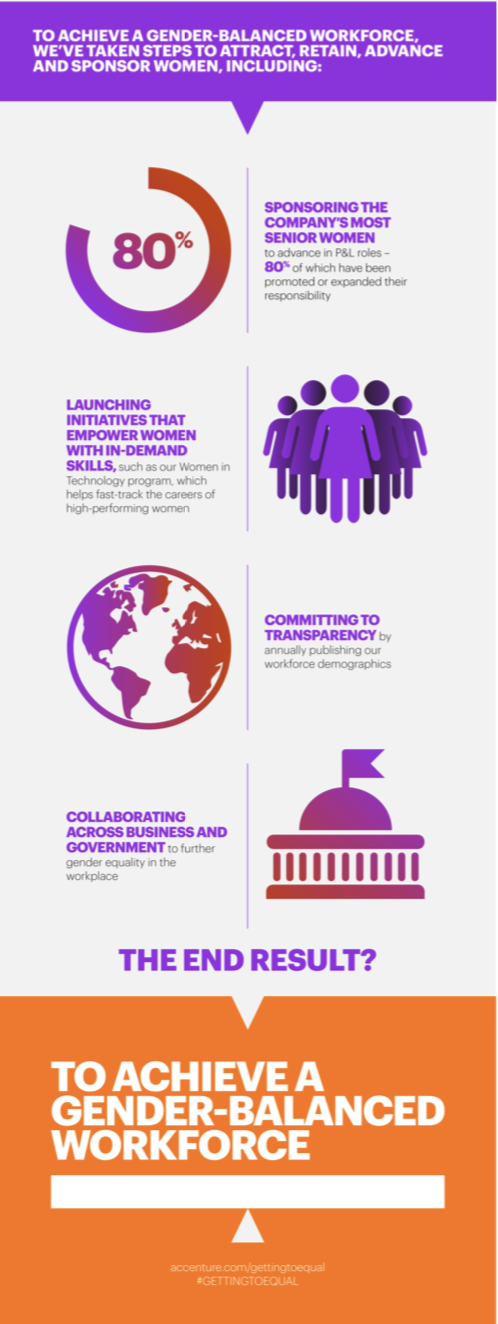For those of you that have read my past blogs, you probably know that I am passionate about making a difference in the world around me and being a voice for change where change is needed.
From the comments I’ve received from readers, I’m thrilled to say many of you share that passion.
An issue that has meant a lot to me for some time has been gender equality, both in the workplace and in general.
To give you a little background, I started my career working on TV shows in Hollywood… well, technically Burbank.
For anyone who has followed the news for the past year, you’ve heard stories about what it has historically been like to be a woman in Hollywood.
I saw a lot of people working for inclusive and equal environments, of course, but I also certainly saw my fair share of unfair treatment.
Some of my less positive experiences proved to be valuable learning opportunities. They made me take it upon myself to become more informed, learn how to measure my self worth, and build up the courage to fight for equal treatment.
So, when I recently came across this infographic from Accenture, it got me thinking about all of my past and present experiences with gender equality, or inequality, in the workplace.
Closing the gap is possible
I know sometimes it feels like we have a long way to go to close the gender equality gap, and yes, there is a lot of work to be done, but let’s look at the progress that has been made so far.
These statistics from the U.S. Department of Labor paint a picture of a workforce headed in the right direction.
- Almost 47%of U.S. workers are women.
- More than 39%of women work in occupations where women make up at least three-quarters of the workforce.
- Women own close to 10 million businesses, accounting for $1.4 trillion in receipts.
- The amount of women in the U.S. labor force has increased from 32.7% in 1948 to 56.8% percent in 2016.
- More than 40%of women in the labor force had college degrees in 2016, compared with 11% in 1970.
- Women are more likely than men to earn a bachelor’s degree by age 29 than men. The amount is 34% of women compared to 26% of men.
- Women have made notable gains in professional and managerial occupations. In 2016, more than one in three lawyers was a woman compared to fewer than 1 in 10 in 1974.
- 70% of mothers with children under 18 participate in the labor force, with over 75% employed full-time.
- Mothers are the primary or sole earners for 40% of households with children under 18 today, compared with 11% in 1960.
It really is about the culture
In every place, show, or company I’ve worked for, gender equality was very much linked to the culture. The places where the mindset was “that’s always been a man’s job” or “that’s a job for a woman” have been the places where the gender inequality has been the most extreme.
Whether it was a significantly higher number of one gender over the other or a clear difference in the pay given to one person over another for equal work, it stemmed from a certain mindset and an established culture of inequality.
Leading by example
When it comes to a company culture, the greatest driving factor is leadership. If those at the top aren’t living the culture, the rest of your staff won’t either.
Seeing the steps taken by Accenture, as outlined in the infographic, and working at a company that has a culture of equality from the top down has shown me what a difference leadership can make.
For example, here at IMPACT, our leadership has worked hard to develop key measures of performance for everyone on the team.
From one level to another, equal work garners equal pay. I never question whether or not my equal male counterpart is making an salary equal to mine, because our leadership team has created a fair and transparent culture.
Per the statistics from Accenture, 28% of their executives and 25% of their global management committee are women. Leadership also supports their most senior women in advancing their roles, of which 80% have been promoted or have earned additional responsibilities.
This helps establish a culture of equality by the support of female achievement and advancement, but also by increasing the number of women visibly earning and succeeding in leadership and executive roles.
Embracing a culture of equality in every sense
Across the nation and the world, we are seeing organizations, companies, and industries take big steps to close the gender equality gap.
In the United States alone, we are seeing a record number of women running for office and movements empowering women to speak up for change in the media and technology industries.
Companies have pledged to worked toward a gender equal environment, with many taking big steps and making big changes to do so.
For those of us at IMPACT, we consider ourselves lucky to work for a company with a gender equality mindset and culture.
Being recognized as a “Best Company for Women,” the hard work and culture shift over the years has certainly paid off, but it’s not just about gender equality for women.
IMPACT’s culture is about gender equality… period.
Men and women here get equal pay for equal work and equal benefits, such as equal maternity and paternity leave. It truly is a culture of equality, and one that any company can achieve.
Learn more about the state of gender equality in the infographic below!


In the comments, we’d love to hear how your company is embracing a culture of equality and closing the gender equality gap.


Order Your Copy of Marcus Sheridan's New Book — Endless Customers!

![Gender equality in the workplace starts with company culture [Infographic]](https://www.impactplus.com/hs-fs/hubfs/gender-equality-culture.jpg?width=768&height=400&name=gender-equality-culture.jpg)